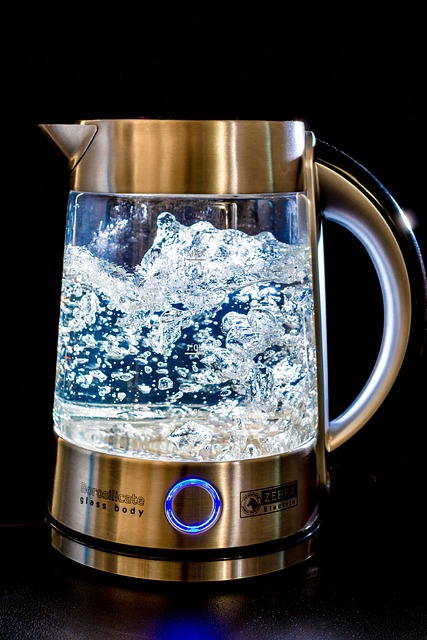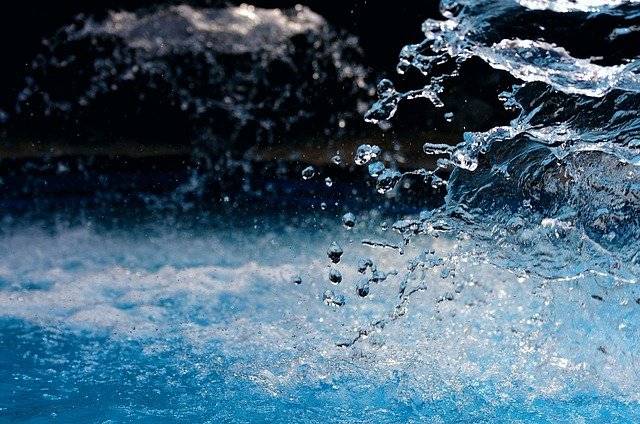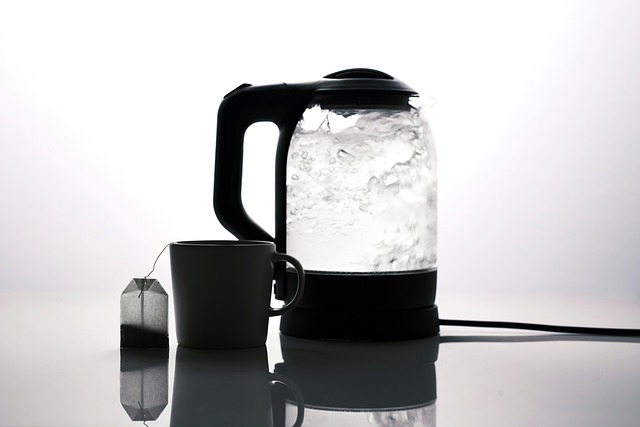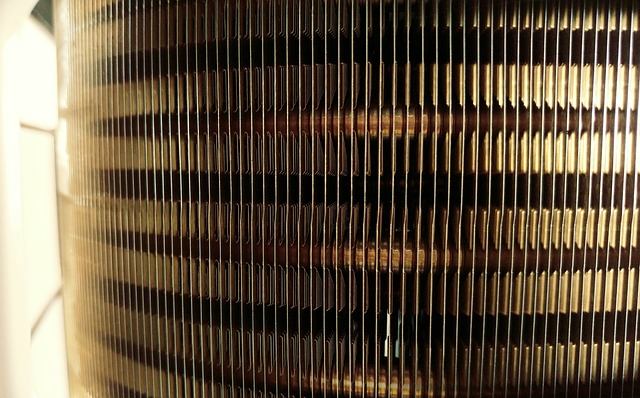Regular water heater maintenance is crucial for preventing costly repairs and extending appliance lifespans. This includes routine inspections for leaks, corrosion, setting optimal temperatures, flushing the system, cleaning heating elements, and monitoring energy bills. By incorporating these practices into your schedule, you ensure efficient operation and reliable performance of your water heater.
“Water heater maintenance is a vital, often overlooked, aspect of home ownership. By implementing routine checks and proper cleaning techniques, you can prevent costly repairs and extend your water heater’s lifespan. This article guides you through essential maintenance practices, helping you identify common issues early on.
We’ll explore the benefits of regular inspections, effective cleaning methods, and crucial prevention tips to ensure optimal water heater performance. Stay informed and take control of your home’s plumbing with these easy-to-follow steps focused solely on water heater maintenance.”
- Understanding Water Heater Maintenance
- Regular Checks and Cleaning Techniques
- Common Issues to Look Out For and Prevention Tips
Understanding Water Heater Maintenance

Water heater maintenance is a crucial aspect of home ownership that often goes overlooked until an issue arises, leading to costly repairs. Regular upkeep can prevent such surprises and extend the lifespan of your water heater. It involves several simple yet effective steps designed to keep this essential appliance running smoothly.
By scheduling routine inspections, you can identify potential problems early on. This includes checking for leaks, ensuring proper temperature settings, and inspecting the tank for corrosion or sediment buildup. Small maintenance tasks like flushing the system and cleaning the heating elements prevent mineral deposits from accumulating, improving efficiency and reducing the risk of breakdowns.
Regular Checks and Cleaning Techniques

Regular checks and cleaning are essential components of water heater maintenance. It’s recommended to inspect your water heater at least once a year, or more frequently in areas with hard water. During these checks, look for any signs of corrosion, leaks, or odd noises—potential red flags indicating repair needs. Additionally, cleaning the heater’s tank and elements is crucial. Sediment buildup can reduce efficiency and cause heating issues. Use a solution of baking soda and water to safely remove sediment, ensuring optimal performance and longevity.
Common Issues to Look Out For and Prevention Tips

Water heaters are often taken for granted until they start showing signs of trouble. Common issues include decreased water temperature, erratic heating, loud rumbling sounds, or even leaks. To prevent costly repairs, regular maintenance is key. Start by periodically checking the temperature settings and ensuring they align with your needs. If you notice any unusual noises, it could indicate a malfunctioning burner or build-up of sediment in the tank, both issues that can be addressed through cleaning or replacement.
Regular water heater maintenance should also include inspecting connections for signs of corrosion or leaks. Cleaning the anode rod, which helps prevent rust and scale buildup, is another crucial step. Keep an eye on your energy bills; sudden spikes could signal inefficient operation, prompting you to consider insulation upgrades or replacing an old model with a more energy-efficient one. Timely maintenance not only extends the life of your water heater but also saves you from unexpected repair costs.
Regular water heater maintenance is a proactive approach to prevent costly repairs. By understanding the key aspects of maintenance, such as routine checks and cleaning, you can identify potential issues early on. Staying vigilant and heeding the common signs to look out for will ensure your water heater operates efficiently, extending its lifespan and saving you from unexpected bills. Embrace these prevention tips to keep your water heater in top shape.
